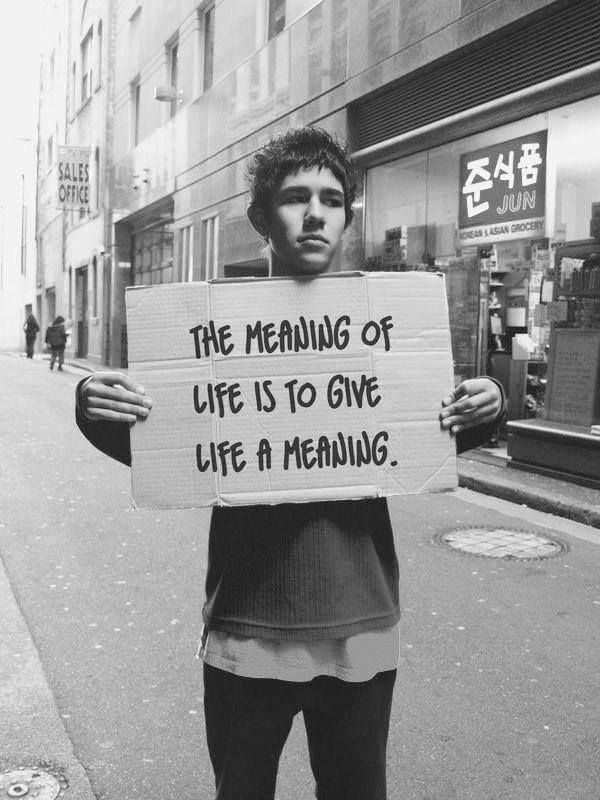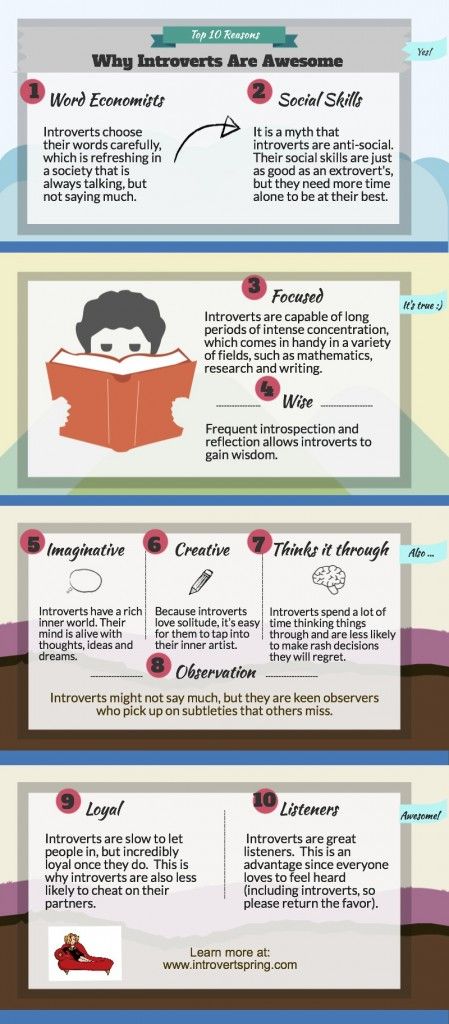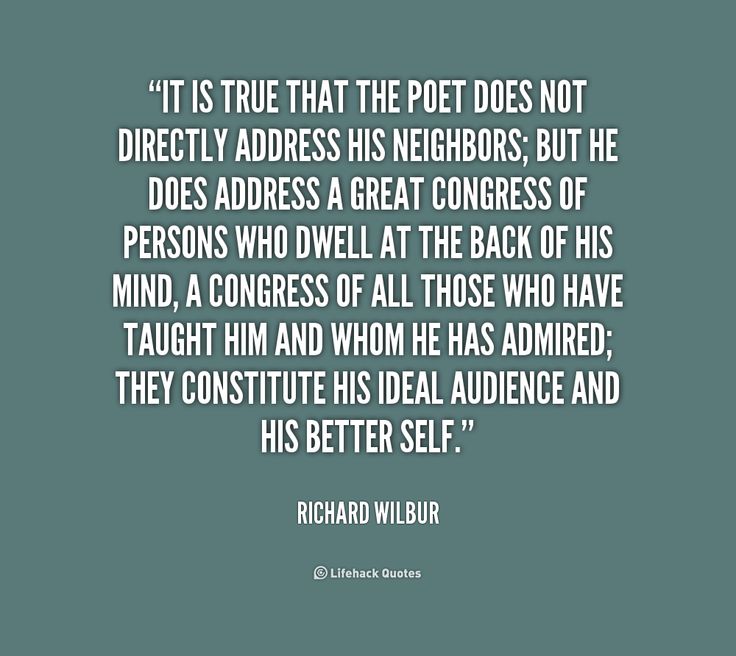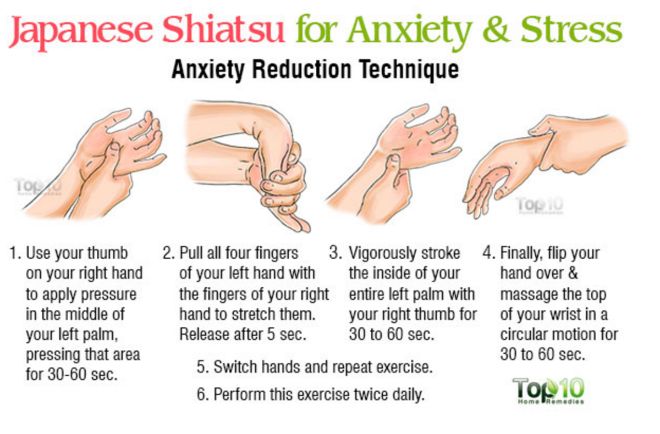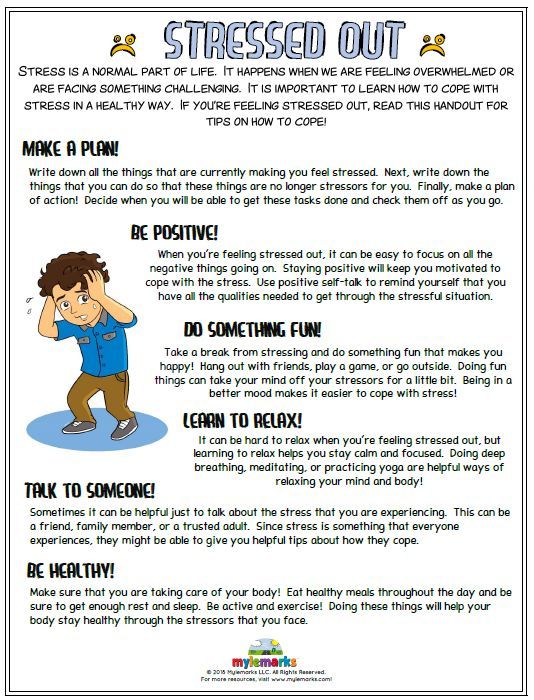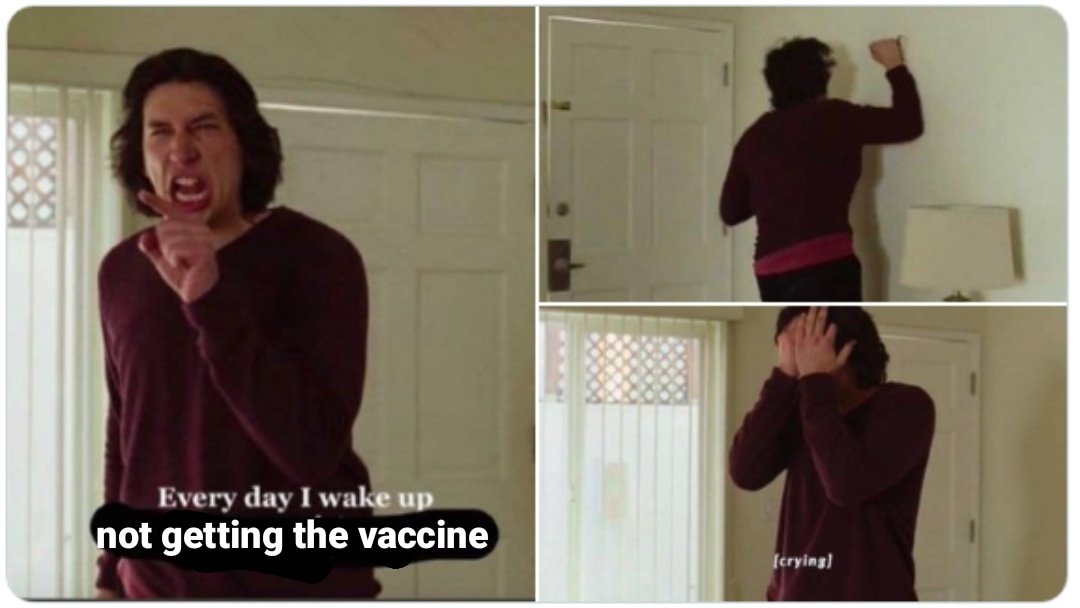Questioning the meaning of life
What is an existential crisis?
An existential crisis may occur when a person frequently wonders whether or not life has any inherent meaning or purpose. A person may also question their own existence within a world that might seem meaningless.
Experiencing an existential crisis is common, and it is normal and often healthy to question one’s life and goals. However, an existential crisis can contribute to a negative outlook, especially if a person cannot find a solution to their questions of meaning.
Existential crises may be associated with a number of mental health conditions. For this reason, it is sometimes best to involve a doctor — especially if an existential crisis has the potential to lead to despair or suicidal ideation.
That said, there are some ways to face an existential crisis in a healthy way, ultimately benefiting a person’s mental health and well-being.
Keep reading to learn about the different types of existential crisis, the risks and complications, and some ways to overcome them.
Simply put, the term “existential crisis” refers to a moment of deep questioning within oneself. This usually relates to how someone sees themselves and their purpose within the world.
A person who is experiencing an existential crisis may try to make sense of some grand or difficult-to-answer questions, such as if their life has any purpose or if life itself has any inherent meaning at all.
Although it is healthy to question one’s life and work, existential crises can take a negative turn. This is not always the case, but it may occur if the person is unable to find an answer to these challenging questions.
An existential crisis may also occur after long bouts of negative emotions, feelings of isolation, or other stressors, such as depression or anxiety.
Feeling down or going through a period of anxiety and negativity are also normal. However, when these emotions or struggles build up and have no resolution, a person may fall into despair about themselves, their value, or their purpose in the world.
When asking questions from this negative headspace, there may only seem to be negative answers, and this can be harmful for a person’s mental health.
The term “existential crisis” has its roots in existentialism, which is a school of philosophy. Existentialism focuses heavily on the meaning and purpose of existence, both from an overall and individual perspective.
The core idea behind existentialism is that the world is inherently meaningless, and that it is down to the individual to create their own sense of meaning and purpose.
Philosophers Søren Kierkegaard and Friedrich Nietzsche have both published works that scholars consider to be existentialist. It was Jean-Paul Sartre who eventually popularized the term “existentialism” in the 1940s.
It was not until years later that psychologists would define the scenario as an existential crisis.
In the simplest terms, an existential crisis refers to facing the crisis of one’s own existence. However, this is a very broad umbrella term.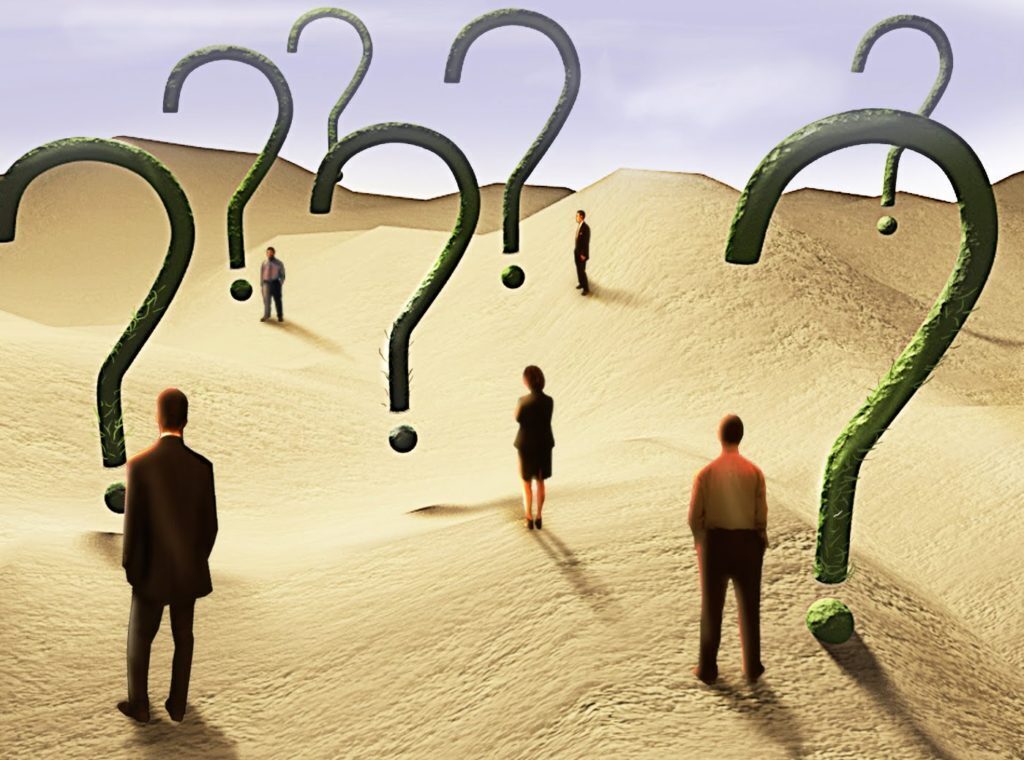 There are many types of questions that may cause an existential crisis, and a person may face one of many different issues.
There are many types of questions that may cause an existential crisis, and a person may face one of many different issues.
The sections below look at the types of existential crisis a person may experience.
Meaning
Perhaps the central question surrounding an existential crisis is whether or not a person’s life, or life itself, has any preexisting meaning. A meaningless life is not appealing to many, so humans will tend to create a meaning if they cannot find one.
Historically, this meaning came from religion, but it may now come from such things as family, work, passion and enjoyment, or travel. The basic idea is that a person must find their own meaning because there is no inherent meaning in the life that precedes them.
However, if through this questioning a person cannot find a sense of meaning, they may have deep feelings of existential anxiety.
Emotions and existence
Some people may try to block out or avoid feelings that they struggle with, such as suffering or anger, thinking that this will allow them to only experience feelings they want to enjoy, such as happiness or tranquillity.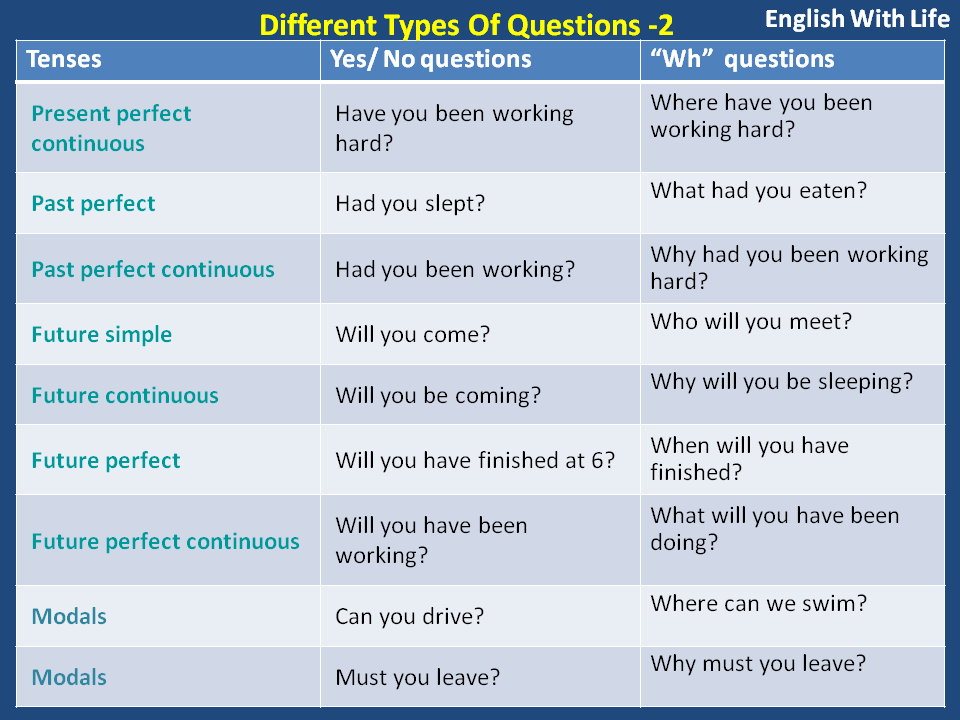
This may lead to some people not giving validity to all of their emotions, which may, in turn, lead to a false happiness. This could make a person feel out of touch with their emotions. If this state breaks down, it may lead to a type of questioning that could cause an existential crisis.
Authenticity
Some people may experience feelings of inauthenticity that could lead to an existential crisis.
For example, a person may feel that they are not being true to themselves, or that they are not being authentic to who they are. They may feel that they are not acting authentically in various situations.
Questioning this may lead to a breakdown of the various definitions a person has given themselves, which may cause great anxiety, a crisis of identity, and eventually one of existence.
Death and the limitations of mortality
Anyone can experience an existential crisis. However, some forms of questioning and crisis may go hand-in-hand with certain life events.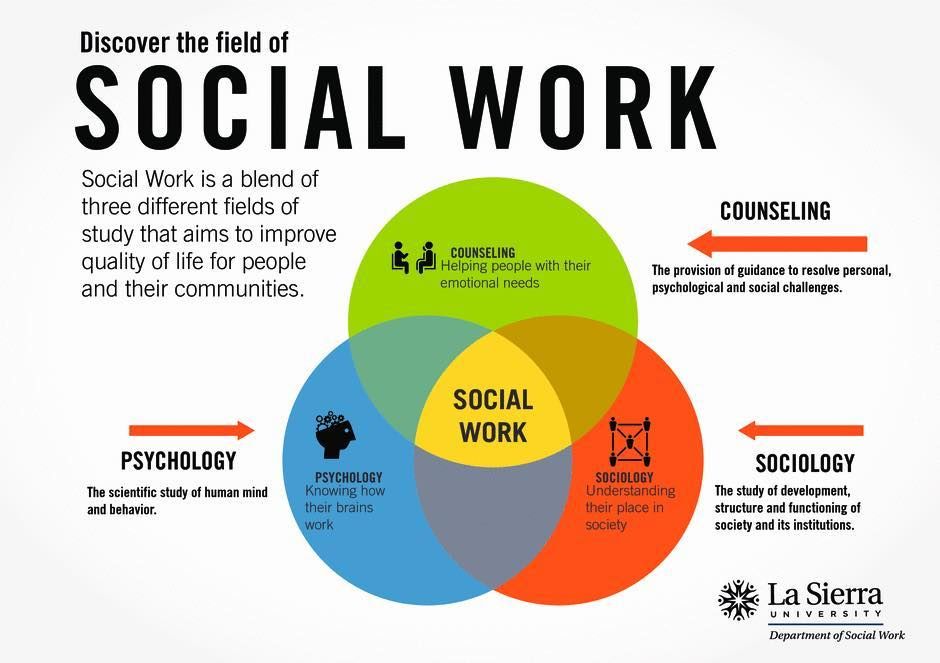 For example, as a person gets older, they may struggle to come to terms with their own mortality.
For example, as a person gets older, they may struggle to come to terms with their own mortality.
Finding the first gray hair or seeing age lines and wrinkles in the mirror can make a person very aware of the aging process and the fact that their life will one day come to an end.
An existential crisis based on death and mortality is not uncommon in people who receive news of a life threatening illness. They may ask themselves if they have truly accomplished anything in life. They may also become truly aware of death and the anxiety of facing the end of their life.
The unknown aspects of death, such as the mystery of what awaits people afterward, can also trigger deep feelings of anxiety and fear in some people. This can also lead to an existential crisis.
Connectedness and isolation
Connectedness and isolation may seem to be polar opposites, but they exist on more of a sliding scale in humans. Humans are inherently social creatures and need to form connections with others to meet some of their most basic needs.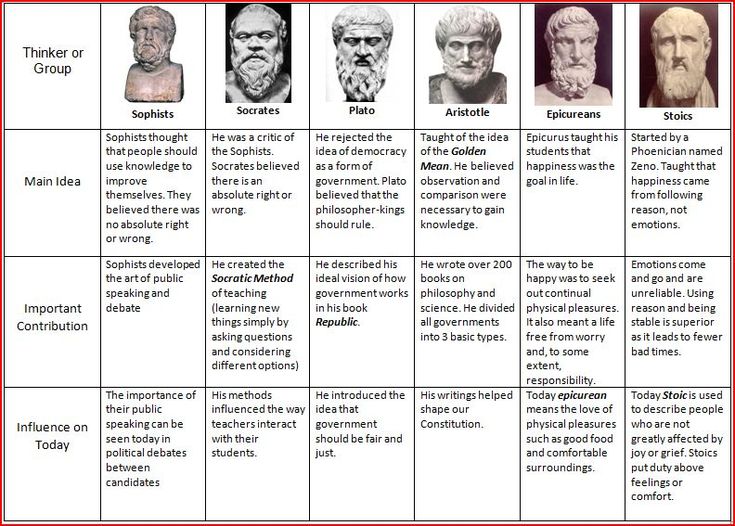
However, humans also need times of isolation to engage with themselves and develop certainty in their own ideals.
Having either too much isolation or too much connectedness may lead to a crisis of sorts. Without isolation, for example, a person may lose aspects of themselves to the group.
On the other hand, a loss of connectedness — due to the loss of a loved one, a broken relationship, or feeling ostracized from a group — may also cause someone to question these connections and how they relate to their own existence.
Freedom
Freedom is a common aspect of existential crises. Being an individual means having the freedom to make one’s own choices. However, the flip side of this is that it also means being responsible for the outcome of those choices.
This can lead to an uncertainty about taking any action for fear that it may be the wrong action or lead to undesirable consequences.
This type of crisis can trigger anxiety not only about choice, but also in relation to how these choices shape life and existence as a whole.
As one article in the Archives of Internal Medicine explains, existential crises are common in people who face advanced or progressive illnesses.
Existential crises may also have links to other events in life, such as:
- turning a culturally significant age, such as 40 or 50
- losing a loved one
- going through a tragic or traumatizing experience
- experiencing a change in relationships, such as getting married or divorced
Read about the differences between situational and clinical depression here.
There may also be a link between an existential crisis and certain mental health conditions, including:
- anxiety
- depression
- borderline personality disorder
- obsessive-compulsive disorder
However, this does not necessarily mean that one causes the other.
Read about 13 common signs of depression here.
Experiencing an existential crisis does not automatically mean that a person has a mental health issue.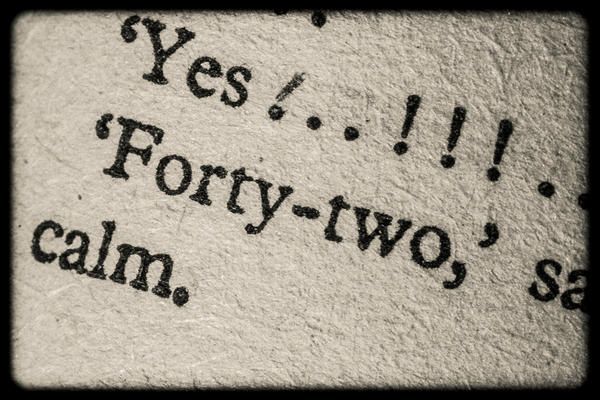 In fact, it can be a very positive thing. Questioning one’s life and purpose is healthy. It can help provide direction and lead to better fulfilment in oneself.
In fact, it can be a very positive thing. Questioning one’s life and purpose is healthy. It can help provide direction and lead to better fulfilment in oneself.
The following sections provide some simple tips that may help a person positively overcome an existential crisis.
Keep a gratitude journal
Rather than having one large, meaningful experience that gives life purpose, most people have a series of small but significant experiences that make up their life. Keeping a gratitude journal can be a great way to identify these moments.
A person can add these small and meaningful events to their journal as they happen. Looking back on this journal later may help remind a person of the things they enjoy about life, as well as the positive experiences and interactions they have that collectively give their life meaning.
Do not give in to pessimism
When a person finds themselves in existential chaos, it can be easy to let the negative thoughts take over.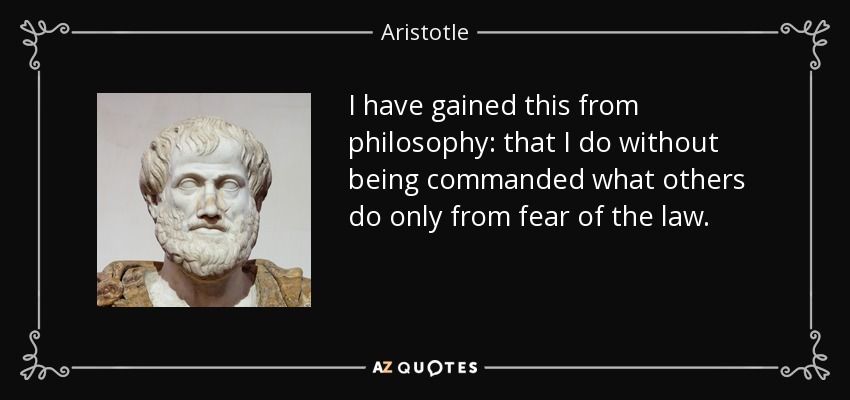 However, this may give rise to even deeper feelings of negativity.
However, this may give rise to even deeper feelings of negativity.
A person should try to acknowledge any pessimistic ideas but then replace them with their optimistic counterparts. This may help control the inner dialogue a person has or at least make the self-talk more neutral.
Look for smaller answers
Part of the weight of an existential crisis is in trying to find a single, all-encompassing answer to a question that may be too large or complex to answer in such a way.
Trying to find grand answers to these big questions can cause even more anxiety, leading to deeper feelings of worry and despair.
Instead, it could be much easier to break these very large questions into smaller chunks. Then, work to find answers to these smaller questions.
For instance, instead of asking whether or not a person has done anything with their life as a whole, they should ask themselves how they have impacted the world around them in the past month.
This may reveal the small but positive actions a person has performed, such as having conversations of support with friends or colleagues. These positives may otherwise go unnoticed when looking at the large, overarching questions of life.
These positives may otherwise go unnoticed when looking at the large, overarching questions of life.
Talk it out
Talking to oneself is helpful, but it may lead to similar conclusions each time.
Having a person or group to talk to, such as a friend or trusted loved one, may help a person see the crisis from a different perspective. This can give them more options and possibilities to explore.
A study in the Indian Journal of Palliative Care notes the importance of discussion groups for people with cancer who are facing existential dilemmas.
Having discussions with their peers about these topics can help such people face challenges and learn, possibly even finding the answers together.
Although questioning oneself and the world is healthy, there are times when it is best to see a doctor or a mental health specialist.
Some people can overcome an existential crisis on their own, but anyone whose existential crisis seems to lead them toward depression and anxiety should see a mental health specialist.
If an existential crisis leads to suicidal ideation, seek immediate help.
Suicide prevention
If you know someone at immediate risk of self-harm, suicide, or hurting another person:
- Ask the tough question: “Are you considering suicide?”
- Listen to the person without judgment.
- Call 911 or the local emergency number, or text TALK to 741741 to communicate with a trained crisis counselor.
- Stay with the person until professional help arrives.
- Try to remove any weapons, medications, or other potentially harmful objects.
If you or someone you know is having thoughts of suicide, a prevention hotline can help. The 988 Suicide and Crisis Lifeline is available 24 hours a day at 988. During a crisis, people who are hard of hearing can use their preferred relay service or dial 711 then 988.
Click here for more links and local resources.
Anyone can experience an existential crisis. It is normal and healthy to ask oneself big questions about life and meaning.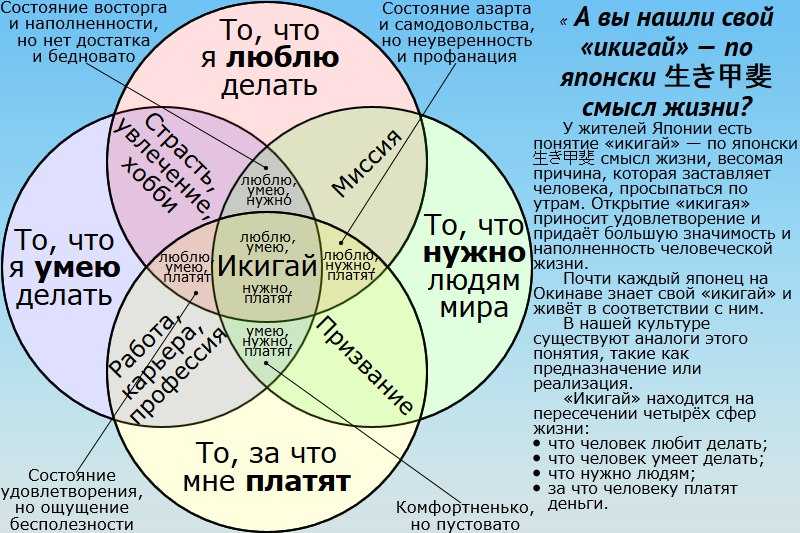
However, these large questions will not usually have simple answers, and they will vary widely from one person to the next. For this reason, there is generally no easy way to resolve an existential crisis but by navigating through it.
There are times when a person may get past their existential dilemma without help, and generally, an existential crisis does not require medical intervention.
However, if existential questioning does lead to more serious mental health concerns, such as depression or anxiety, a person should see a doctor or a mental health professional for advice and treatment.
Why 'What is the Meaning of Life?' is a Silly Question...
In this article, I want to take a closer look at the question of questions; 'What is the meaning of life?' and explain why I think we're not asking the right question.
The meaning of your life
Meaning depends on context. Everyone's context is different. Instead of looking for a universal answer (or cosmic meaning, if you will), we should be looking for an answer that applies to us and our specific situation.
The question then evolves. It now becomes: "What is the meaning of my life?". It is whittled down to a more manageable size. It's something we can grasp; my meaning, instead of the meaning.
Who's asking?
In his book 'Man's Search for Meaning', Victor Frankl confront us with the idea that maybe we're not the ones asking this question. Instead, we are the ones being asked.
This idea puts us on the spot. We need to come up with an actual answer, instead of repeating the same silly question over and over again and wondering why we're failing so badly on our quest for meaning.
The question for each of us now becomes "What is the meaning of my life?", and we're the ones who needs to come up with the answers.
Meaning is variable
Erik Erikson showed that there's a gradual evolution of meanings throughout an individuals life. Meaning varies depending on which phase of life you find yourself in.
Why do you think tattoo removal is such a big business?
The meaning that we come up with at a certain point during our life, is subject to change. That's why we shouldn't write it in stone or tattoo it on our butts.
That's why we shouldn't write it in stone or tattoo it on our butts.
Why and when do we ask this question?
I've noticed a peculiar pattern in my own life. It's only when I'm disengaged or feeling slightly depressed, that I start to wonder about the meaning of my life.
This is because meaninglessness is intrinsically interwoven with leisure and disengagement.
Ask yourself:
Am I really looking for the meaning of life, or am I looking for one of those moments during which I actually feel alive?
The engaged life
Nozick showed with his experience machine that most of us would give up happiness in order to gain actual contact with a deeper reality. A sense of depth.
I think that one of the most important elements of this 'depth' is a feeling of overall engagement with life. Having a sense of meaning or purpose becomes less potent the less engaged in life one is.
If I were to ask you 'What is the meaning of your life?' while you are listening to your favourite piece of music, wouldn't this question strike you as completely irrelevant?
The question doesn't matter at that moment, nor does the answer, because you are experiencing life and there's no need to think about anything during such moments. There's just you and your music.
There's just you and your music.
Letting bygones be bygones
We all have certain stories about our past that we keep on telling ourselves. Over and over again.
We cannot change anything about the past, except our perception of it and the meaning we attribute to it. This is important because it changes the way in which we live in the present and how we face the future.
The deepest secret is that life is not a process of discovery, but a process of creation.
Thinking of life as something that is to be discovered implies that there is some sort of structure already in place. A road that has been laid out for us, that we must find and follow.
However, when we think of life as a process of creation, sky is the limit. It is up to us to decide what is that we want out of live and to create the circumstances that will allow us to achieve it.
Let's come up with a better question...
What I suggest is that instead of asking the question 'What is the meaning of life?', we try to come up with an answer to the following question:
'What is the meaning of your life going to be from this moment onward?'
Answer it from the heart, grounded in the present, knowing that the outcome of all of our lives is fixed, but from this moment until then; it's all you.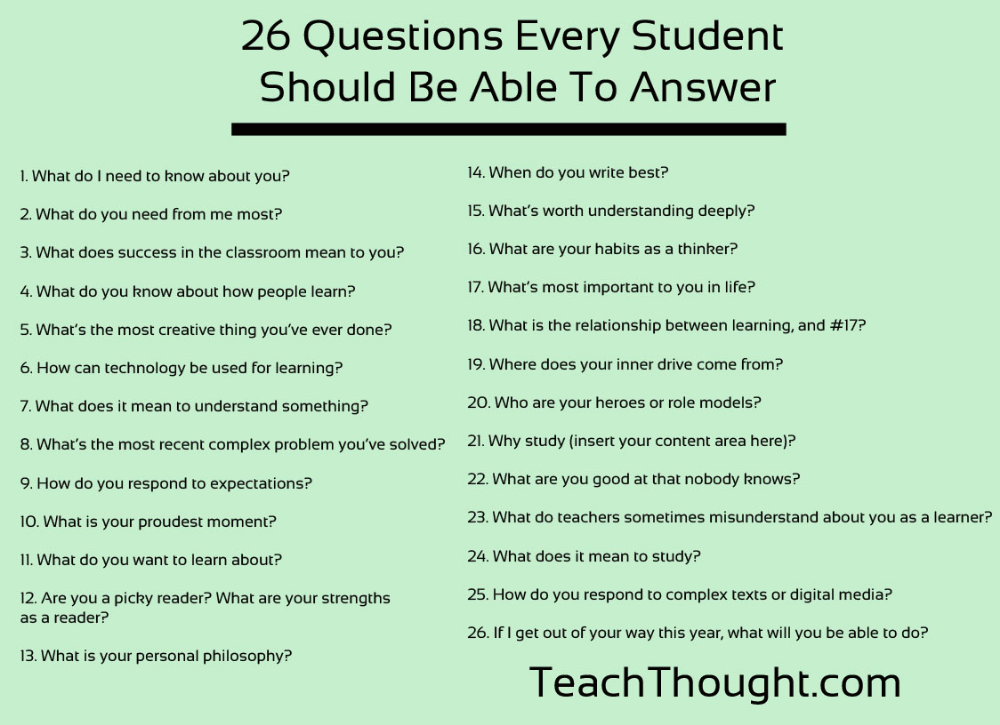
What is the meaning of life: why people have been looking for the answer to this question for centuries and is it possible to find it
174 264
Know yourselfMan among people
- Photo
- Shutterstock/Fotodom.ru
centuries have answered this question, but no answer has proved to be universally correct. Because every person has his own meaning in life.
This question was asked by all world religions, and they all answered it in their own way. Jesus said that the meaning of life is in faith in God and in finding the kingdom of God after death. The Buddha believed that the meaning of life is to live it in harmony, rejecting desire and hatred.
Muhammad said that life is entrusted to people by God in order to dedicate it to understanding God, and this leads to eternal life.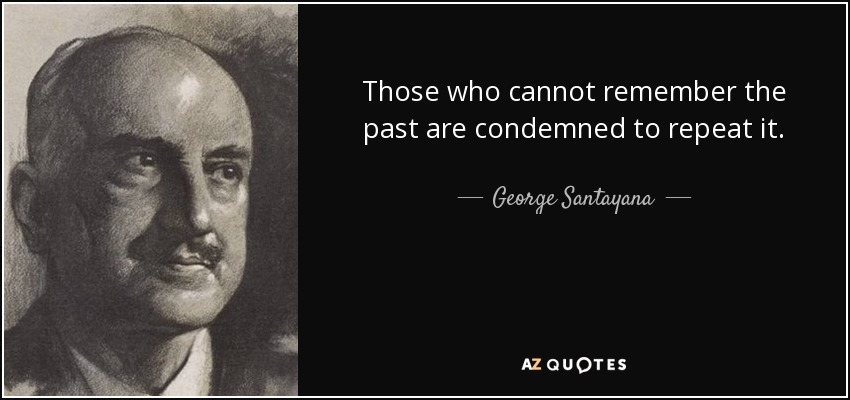
Plato remarked that "the unexamined life is not worth living." Therefore, the meaning of life is to explore it, to comprehend it. Nietzsche associated it with the death of God, and, consequently, with the loss of faith in absolute moral laws, the cosmic order. Camus believed that we ourselves create the meaning of our lives by making decisions.
But no one has offered a definite, clear, if you like, universal answer. Perhaps because to begin with it is still worth answering another question that stands next to it: “Why do we want to know this?” This is a much more relevant question, if only because it can be answered.
So, why have people been searching for the meaning of life for many centuries?
Yes, because none of us wants to accept that life is meaningless. Instead of accepting this fact and moving on, many people spend their entire lives trying to find it. They are looking for it in religion, philosophy, psychology.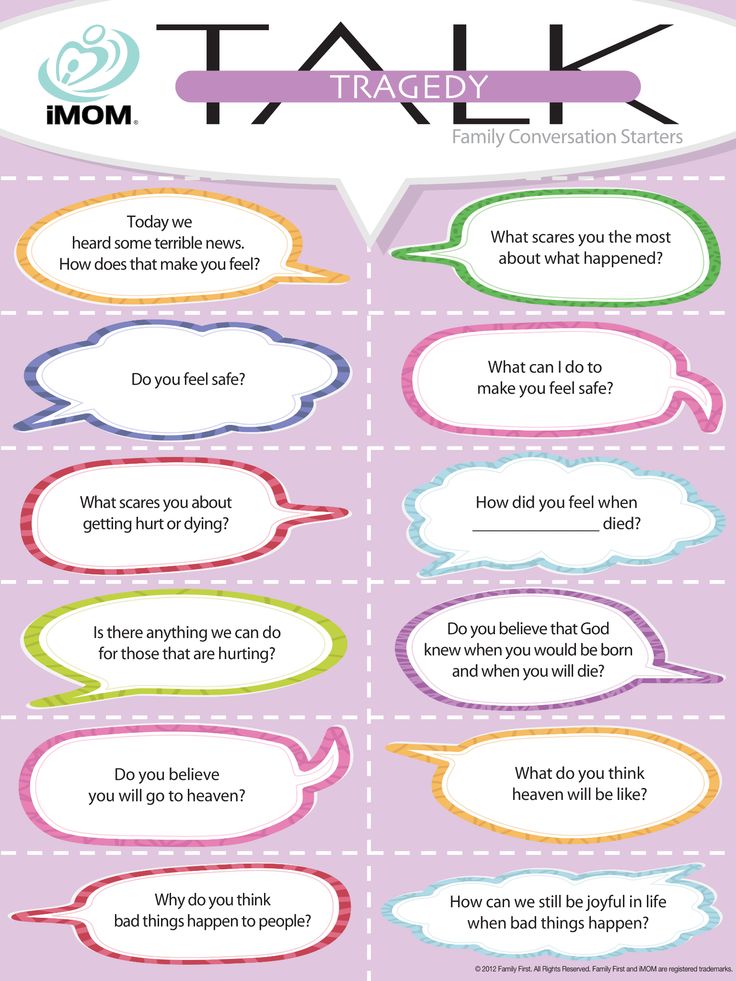
People think that if they become rich and famous, they can cheat death. There are madmen who believe that they can defeat death by taking over the world. The denial of death and the search for the meaning of life is a great lie that defines the lives of many people on the planet.
Denial, like any defense mechanism, has a side effect. The more violently we deny something, the more it is filled with meaning. The more we deny death, the less we notice how confidently we are moving towards it. A prime example is how many people deny climate change despite the facts. Sigmund Freud would say to this that we unconsciously want death, unconsciously wish it on the planet.
In the Eastern tradition, methods of deep meditation are practiced, where the main thing to meditate on is death. People spend many hours meditating on their death. They literally imagine, visualize how they lie in the grave and rot! The purpose of this action is to reach a state in which there is no attachment to life, so that we can fully realize that we are mortal.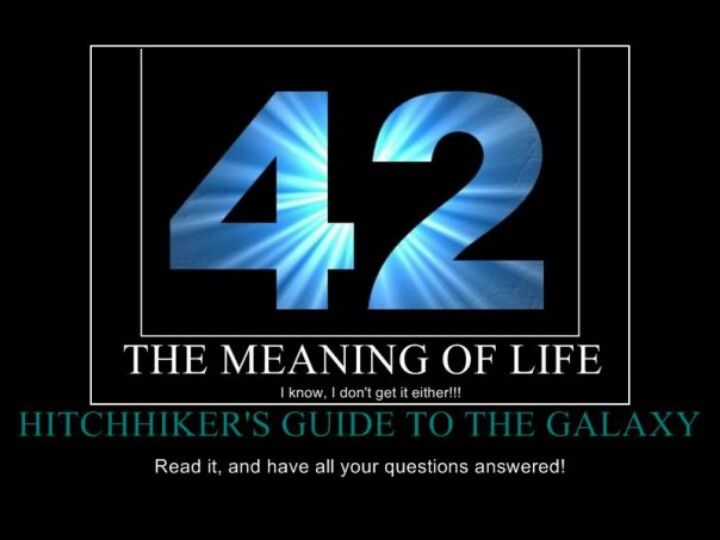
Only by accepting the fact of the inevitability of death can we be free from the gravitating attachment to life and from the problems that it brings only us, but also others. If we come up with the idea that the meaning is in praying to God, then everyone who does not pray to him will be lower than us. If we decide that one group of people (to which we obviously belong) is a group of "good people", then another one will obviously become a "group of bad people". Both lead to tension and disagreement.
The Buddha and his followers did not cling to life. They meditated on death, renouncing vain ideas about life, the thirst for revenge, power or glory, envy and rivalry. For those who are accustomed to seeking meaning with the stubbornness of a maniac, this kind of meditation is insane. But for Buddhist monks, the crazy thing is to cling so tenaciously to your life and think that death is what happens to others.
Source: Psychcentral
Text: Nikita Pechenegin Photo source: Shutterstock
New on the site
Hobbies, friends and walks: 12 ways to fight winter depression - try it in December
"How to learn to communicate with people so that they start to notice me?"
“I’ve had problems with girls all my life, I’m in my 40s, but I never started a family”
Benevolent faces: do scars decorate - unusual findings from scientists
5 positive statements that will help not to lose heart
“If do what you do - you will have what you have ": 4 steps to change in life
I owe everyone: why are we afraid of the word "debt"?
Anastasia Sapozhnikova: “When you live in comfort, it’s easy to be humane”
7 strange questions to see the goal in life
217 579
Know yourselfCareer and self-realization plans more often than underwear.
Even with my own business, until the age of 28 I could not understand exactly what I want from life. You are probably like me in this,” writes Mark Manson, a writer, entrepreneur, and coach who helps people sort out their desires, emotions, and relationships, on his blog. “Believe it or not, I very often receive letters from readers in their forties and fifties who still don’t know what they need in this life.”
Part of the problem lies in the very concept of the meaning of life. In our belief that we are all born with some higher purpose, which must be found by all means. Do you want the truth? We all live on this planet for a certain period of time. All this time we are busy with something, either important or unimportant. The important gives our life meaning and a sense of happiness, and the unimportant just kills time.
So the question "What should I do with my life?" or “What is the purpose of my existence?” actually means "What is the most important thing to do with your time?".
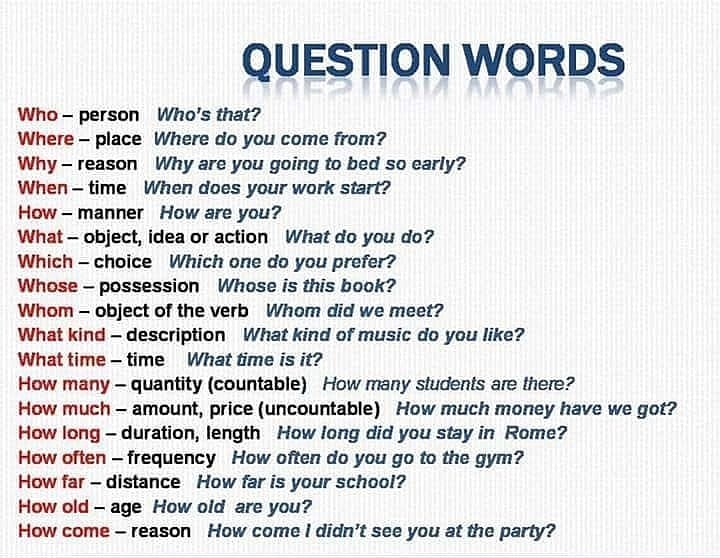
What do you do with your time?
And this question is definitely easier to deal with, because it doesn't carry all that ridiculous baggage that always clings to questions about the "meaning of life." What is the use of thinking about the cosmic significance of your destiny, sitting all day on the couch and eating chips? It is much better to try to find out what seems important to you.
Readers often ask me what their purpose is. But I cannot answer this question. I have no idea. Maybe someone knits, and someone shoots an amateur video in their basement. Who am I to say what matters to whom? However, after doing some research, I've put together a list of a few questions to help you figure out what's important to you personally and what can add meaning to your life. These questions cannot be considered exhaustive. Frankly, they may seem ridiculous. But I did it on purpose, because finding the meaning of life should be interesting and fun, not a heavy burden.
1.
What seasoning would you choose for your shit sandwich?
This is a matter of the utmost importance. What topping do you want to eat your shit sandwich with? This is the unpleasant truth of life that you are not taught in school.
Everything in this life can cause disgust from time to time. This sounds pessimistic. But I think that this thought, on the contrary, frees us. Any occupation requires sacrifice. Nothing can only bring pleasure. Hence the question: what difficulties are you ready for? Ultimately, this is what determines your ability to continue doing what you love despite difficult times.
If you want to be a successful entrepreneur but can't stand the thought of failure, then you're not likely to achieve much. If you want to become a professional artist but aren't ready to see your work get rejected hundreds if not thousands of times, then you're done before you even start. If you want to be a brilliant lawyer but aren't ready to work 80 hours a week, then I have some bad news for you.

What are you ready to eat? Because everyone has to eat their shit sandwich sooner or later. Although nothing prevents you from adding an olive there.
2. What about you today would make you cry at the age of 8?
As a child, I loved to write stories. I spent hours in my room writing stories about aliens, superheroes, great warriors, my friends and family. But not because I wanted someone to read them. But simply because I enjoyed the process. And then for some reason I stopped doing it. And I don't remember why.
I was well into my twenties when I rediscovered the world of writing. And before I started my business, I didn't even remember loving making websites, something I did in my early teens just for fun. But the funniest thing: if I, an eight-year-old, asked myself, but already a twenty-year-old: “Why don’t you write anymore?” and would say, “Because I’m not very good at it,” or “Because no one will read what I write,” or “Because it’s impossible to make money doing it,” then I would most likely forced himself eight-year-old to burst into burning tears.
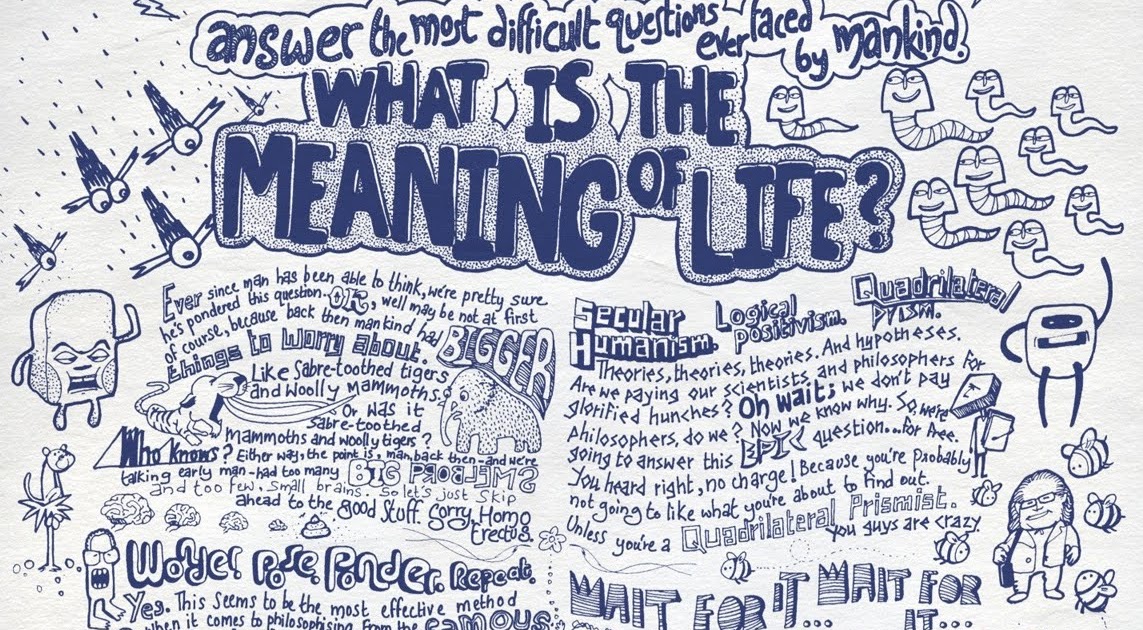
3. What can make you forget to eat and go to the bathroom?
Surely you remember the times when you were so absorbed in something that minutes easily turned into hours, and hours turned into “Damn, I completely forgot to have dinner!”. It happened to me with video games. Although, of course, this is not the best occupation. To be honest, for several years this was a real problem for me. I just sat and played, instead of doing some important things. But until I quit playing, I didn't realize that my real passion wasn't for the games themselves (even though I loved them).
My passion was to improve everything and be the first. The games themselves - the graphics, the story - were great, but I could easily live without them. But here is the competition, competition with others, and especially with myself - I could not do without it. And when I used this obsession in my Internet business and writing, then things took on a big scale.
It may be a different story for you.
Maybe you are obsessed with efficient organization of processes, or you are lost in a fantasy world, or you love to teach or solve technical problems. Whatever it is, don't treat your hobbies as just fun. Try to understand what processes you are so captivated by. Because you can use them anywhere.
4. Which puddle do you prefer to sit in?
Before you succeed and do something important, you will often have to admit that you are doing it just disgusting. And more than once at the same time you will sit in a puddle. Many people try to avoid such embarrassing moments precisely because it is unpleasant. But if you avoid everything that can embarrass you, then you will never in your life begin to do what is important to you. There's something right now that you want to do, but still don't do it. You certainly have your reasons.
If your reasoning is something like "I can't start a business right now because it's more important for me to spend time with my kids" or "If I play Star Wars all day, it will definitely interfere with my music, and music is more important to me,” then everything is in order.
Sounds reasonable.
But if you keep telling yourself things like, "My parents won't like this," or "My friends will make fun of me," or "If I don't succeed, I'll look like an idiot," then you're more likely to you avoid what is really important to you because it scares you to death. And what your mom or some Tim from next door says has absolutely nothing to do with it.
Afraid of making a mistake, you live with your head in the sand. Everything great is by its nature unique and transcends the ordinary. Therefore, in order to achieve something, we need to go against the herd mentality. And do what scares us.
5. How are you going to save the world?
In case you're not aware, the world has a few problems. And by "a few problems" I mean "the whole world is going to hell and we're all going to die." So pick a problem and start saving the world. There are a huge number of them - for your choice.
Poor education system, economic development, domestic violence, mental health care, government corruption.
Find a problem that worries you and start solving it. It is clear that you will not end the world's problems alone. But you can contribute. And this feeling that you are changing something for the better is the most important thing for your own happiness and satisfaction.
6. If you were forced to leave your house for the whole day on pain of death, where would you go and what would you do?
For many of us, the main enemy is the good old laziness. We are addicted to routine. We distract ourselves. The sofa is so comfortable. The chips are so cheesy. And nothing new is happening to us. And that's the problem. Many do not understand that passion is not the cause, but the result of our actions. By trying to figure out what in life gives you passion and what is important to you, you enter a field where life is a full-touch sport, a process of trial and error. None of us know exactly how we will feel doing something until we actually start doing it.
So ask yourself: if someone were to put a gun to your head every day and make you go out and do anything but sleep, what would you rather do? And no, you can't just sit in the nearest coffee shop, flipping through the pages of Facebook (an extremist organization banned in Russia).
Where would you go and what would you do? Would you like to sign up for dancing? Joined a book club? Would you like to get another degree? Would a new irrigation system be invented that could save thousands of children's lives in rural Africa? Would you like to learn how to fly a hang glider?
What would you do with all that time? If you like it, write down some answers and then, you know, go and do it! As a bonus, you can embarrass yourself somewhere.
7. If you knew you were going to die in a year, what would you do and how would you like to be remembered?
Most of us don't like to think about death. This scares us. But, on the other hand, thinking about your own death can provide a lot of benefits. For example, they force us to figure out what is really important in our life and what is only a distraction. As a student, I would often walk around and ask people, "If you had only one year left to live, what would you do?" Many gave vague and boring answers. Several drinks were almost poured over me.
But my question actually made people really look at their lives from a different perspective and reassess their priorities.
A wonderful inscription would be on the tombstone: "Here lies N. He watched every episode of XXX...twice." What will be your legacy? What stories will people tell about you when you're gone? What will be written in your obituary? And in general, will there be anything to talk about? What would you like to see there? What can you do today to make it so? If you do not understand where to move, do not see a goal in life, then this is all because you do not know what is important to you. You don't know your values. And when you don't have your own values, then you take other people's values and live their lives, using their priorities, not yours. And this is a direct path to unhealthy relationships and suffering.
Discovering the meaning of life really comes down to finding one or two things that mean more to you than yourself and more than everything around you.
